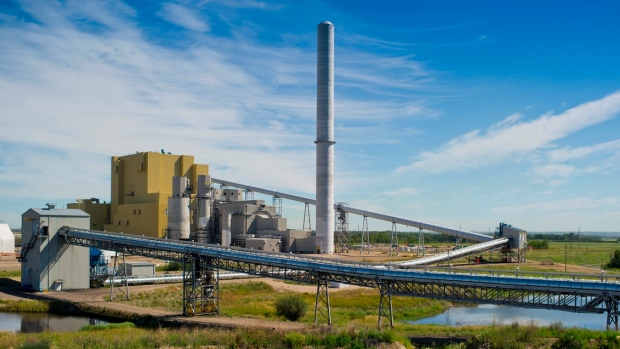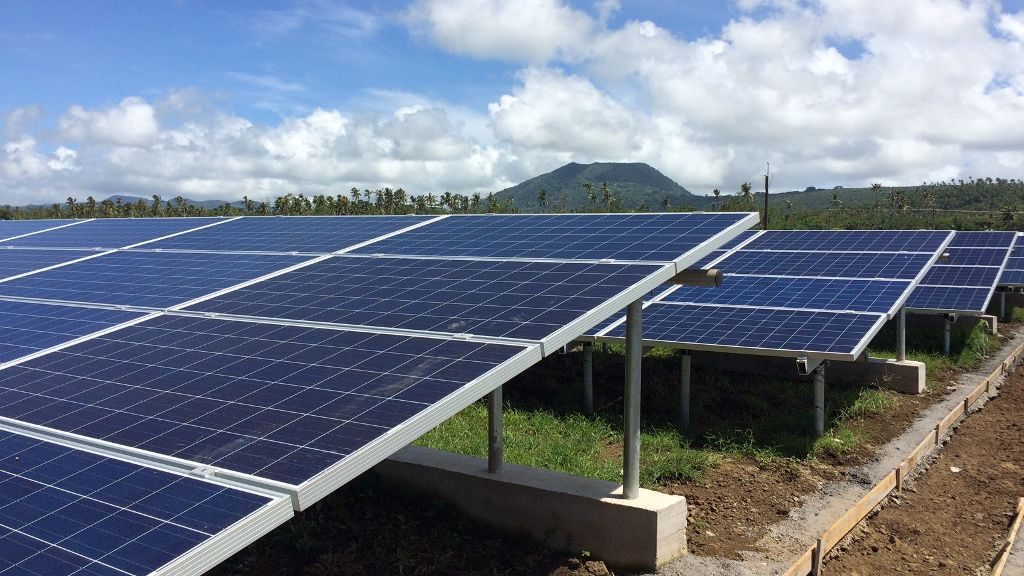
Oritsegbubemi Omatseyin
Lagos– The Rockefeller Foundation is unveiling a Coal to Clean Credit Initiative, CCCI, which aims to support 60 projects by 2030 and help close coal-fired power plants in developing countries.
The Foundation announced that its new analysis shows that supporting 60 projects by 2030 to close coal-fired capacity could unlock $110 billion in public and private investment, while preventing 9,900 early deaths and 640,000 lost workdays annually and generating 29,000 new permanent jobs.
Ashvin Dayal, Senior Vice President, Power and Climate at The Rockefeller Foundation stated: “As more and more countries and communities choose to transition to clean energy sources, philanthropy has a unique role to play we can take risks where others cannot and catalyze momentum needed. The projects announced this week will do just that, offering real benefits for people living and working in these communities.”
As part of the first efforts of the new initiative, the Rockefeller Foundation will collaborate with ACEN Corporation, GenZero, Keppel, and Mitsubishi for a pilot project in the Philippines.
The Rockefeller Foundation, set up by John D. Rockefeller in 1913, said back in 2020 that it had decided to divest from fossil fuels and not make any new investment in the industry.
The Rockefeller Foundation has already launched programmes aimed at lowering the use of coal-fired power in Asia and speeding up the deployment of battery storage for renewable energy.
Despite efforts from organizations such as the Rockefeller Foundation, coal use in Asia especially in top coal importers China and India isn’t diminishing.
On the contrary, it has been growing as the major developing markets in Asia are boosting their coal-fired power generation to meet surging electricity demand.
Despite continued retirements of coal-fired power in the U.S., lower coal demand in Europe, and the end of the 142-year coal electricity in the UK, global coal demand hit another record high last year.
And consumption is set to remain at these high levels or even hit new all-time highs for a few more years.



